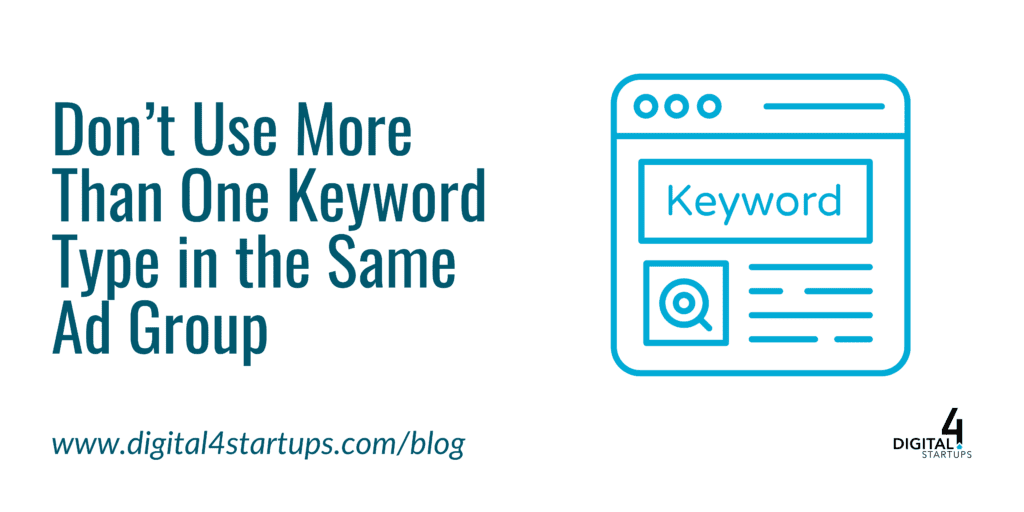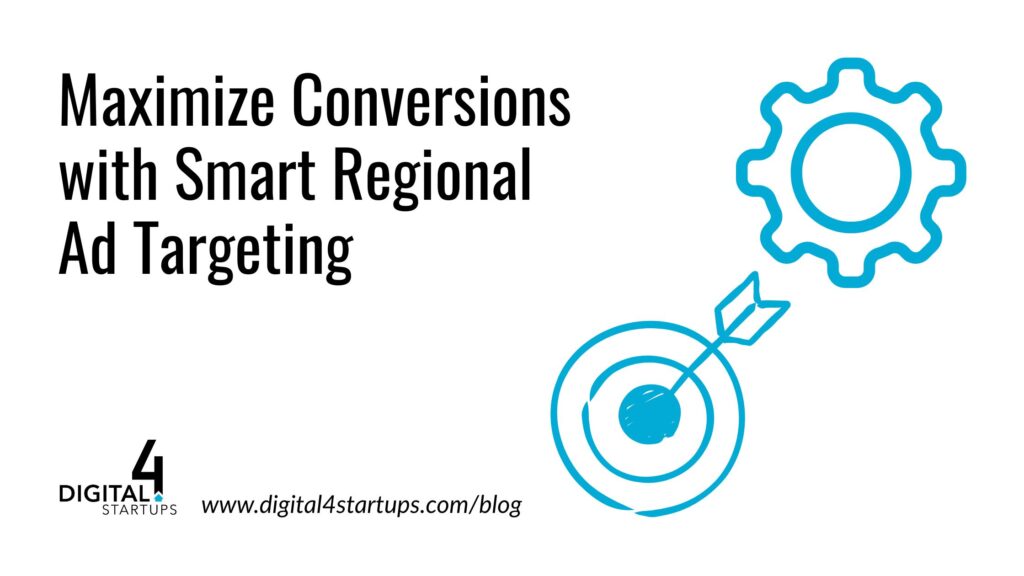Earlier this week, we discussed the four different types of keywords: brand, non-brand/generic, competitive and long-tail. Since long-tail keywords can fall under any of the other three categories though, for today’s discussion, we will only refer to the three main keyword types: brand, non-brand/generic and competitive.
When it comes to these types of keywords, never put more than one keyword type in the same ad group as each other, or even the same campaign. Each keyword type demands a different keyword strategy, bidding strategy, and, most likely, a budget. In addition, each keyword type will perform differently from one another – by separating them into their own campaigns, the best performing keywords will benefit while the worst performing keywords will have the least effect.
To explain in greater detail: Brand keywords generally have the best performance and the highest quality score, as they are most directly relevant to the content on the site and the place a user searching for a brand term is most likely to click. As a result, they have low CPCs, high CTRs, and lead to great account history. All the benefits of their strong performance serve to lower the CPCs of all the keywords and ads in their campaign.
Competitive or conquesting keywords tend to perform the least well. The opposite of brand terms, they are the least relevant to a site’s content, and searchers are least likely to click on them. Consequently, their low quality score and poor performance history can (and will) hurt whichever campaign and account contains them.
So mitigate the damage by putting competitive keywords and brand keywords in separate campaigns from one another. The strong performance of the brand keywords will continue to help them, driving the CPC down further, while not being tainted by the poor performance of the competitive keywords.
Generic or Non-Brand keywords are generally more expensive than brand terms. They are more plentiful and competition on the terms is greater. In addition, the budget for non-brand keywords may be different from the budget for brand keywords. Given all of the above, it is again best to separate the generic keywords into their own campaigns.



